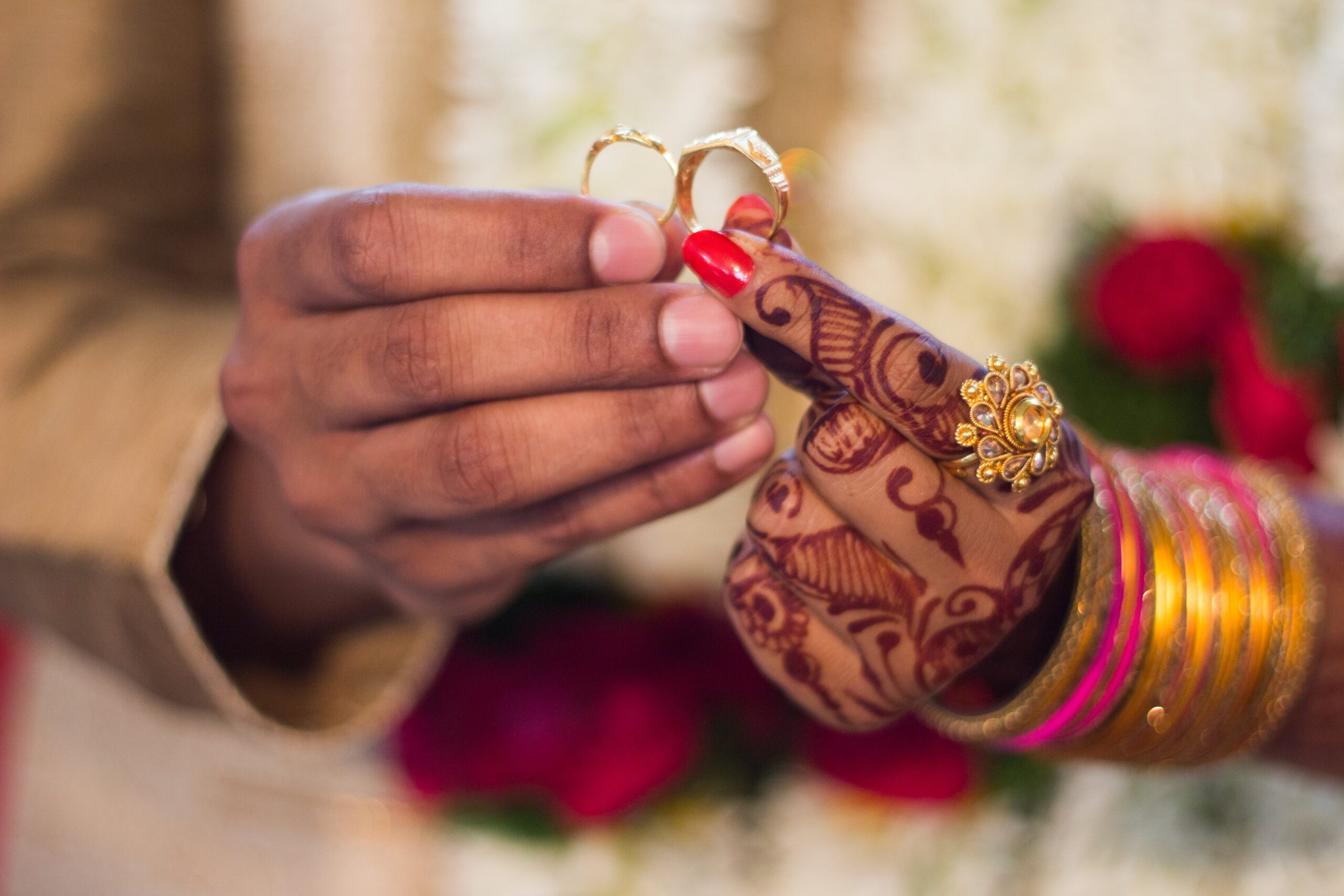is a nikah a legal marriage in the uk ?
In the UK, a Nikah is only recognized as a religious ceremony and is not legally valid. Couples who only have a Nikah and do not have a civil marriage are considered to be a “co-habiting couple” under English law.
However, if the Islamic wedding takes place overseas in a country that accepts a Sharia marriage as a legal wedding, then the couple is classed as legally married under English law.

In recent years, there has been growing interest and discussion surrounding the validity and legal recognition of Nikah ceremonies within the United Kingdom. With many couples opting for this traditional Islamic marriage contract, it's crucial to understand the legal implications and status of Nikah marriages in the UK.
What is a Nikah?
A Nikah is a solemn covenant or contract between a bride and groom in Islamic law. It is conducted by an Imam, scholar, or any person authorized by Islamic law to officiate the marriage. The ceremony typically involves the exchange of vows and the consent of both parties to enter into the marital union.
Legal Recognition in the UK:
It's essential to distinguish between a Nikah ceremony and a legally recognized marriage in the UK. In the eyes of Islamic law, a Nikah constitutes a valid marriage. However, under UK law, a Nikah alone does not grant legal recognition or rights afforded to civil marriages.
Legal Requirements for Marriage in the UK:
In the UK, for a marriage to be legally recognized, it must comply with certain legal requirements, regardless of religious or cultural practices. These requirements typically include:
1. Notice of Marriage: Both parties must give notice of their intention to marry at their local register office.
2. Civil Ceremony: The marriage ceremony must be conducted by a registrar or an authorized individual in a registered venue.
3. Signing of the Marriage Register: Both parties, along with witnesses, must sign the marriage register during the ceremony.
Implications of Nikah-Only Marriages:
Opting for a Nikah-only marriage without obtaining legal recognition can have significant implications, particularly in terms of legal rights and protections. Without a legally recognized marriage, individuals may encounter challenges related to:
- Financial Rights: In the event of divorce or the death of a spouse, individuals in Nikah-only marriages may not be entitled to financial support or inheritance rights under UK law.
- Legal Protections: Without legal recognition, spouses may not have access to legal protections, such as property rights, pension benefits, or immigration rights.
- Children's Rights: Children born within Nikah-only marriages may face uncertainties regarding parental responsibilities, inheritance, and custody arrangements.
Seeking Legal Advice:
To navigate the complexities surrounding marriage and legal recognition in the UK, individuals considering a Nikah ceremony are encouraged to seek legal advice. Consulting with a family law solicitor can provide clarity on the legal implications and options available to ensure both religious and legal requirements are met.
In conclusion, while a Nikah holds significant religious and cultural significance, it is essential to understand that it alone does not confer legal recognition of marriage in the UK. Couples intending to marry should consider fulfilling legal requirements to obtain the necessary rights and protections afforded by civil marriage law.

Add a Comment